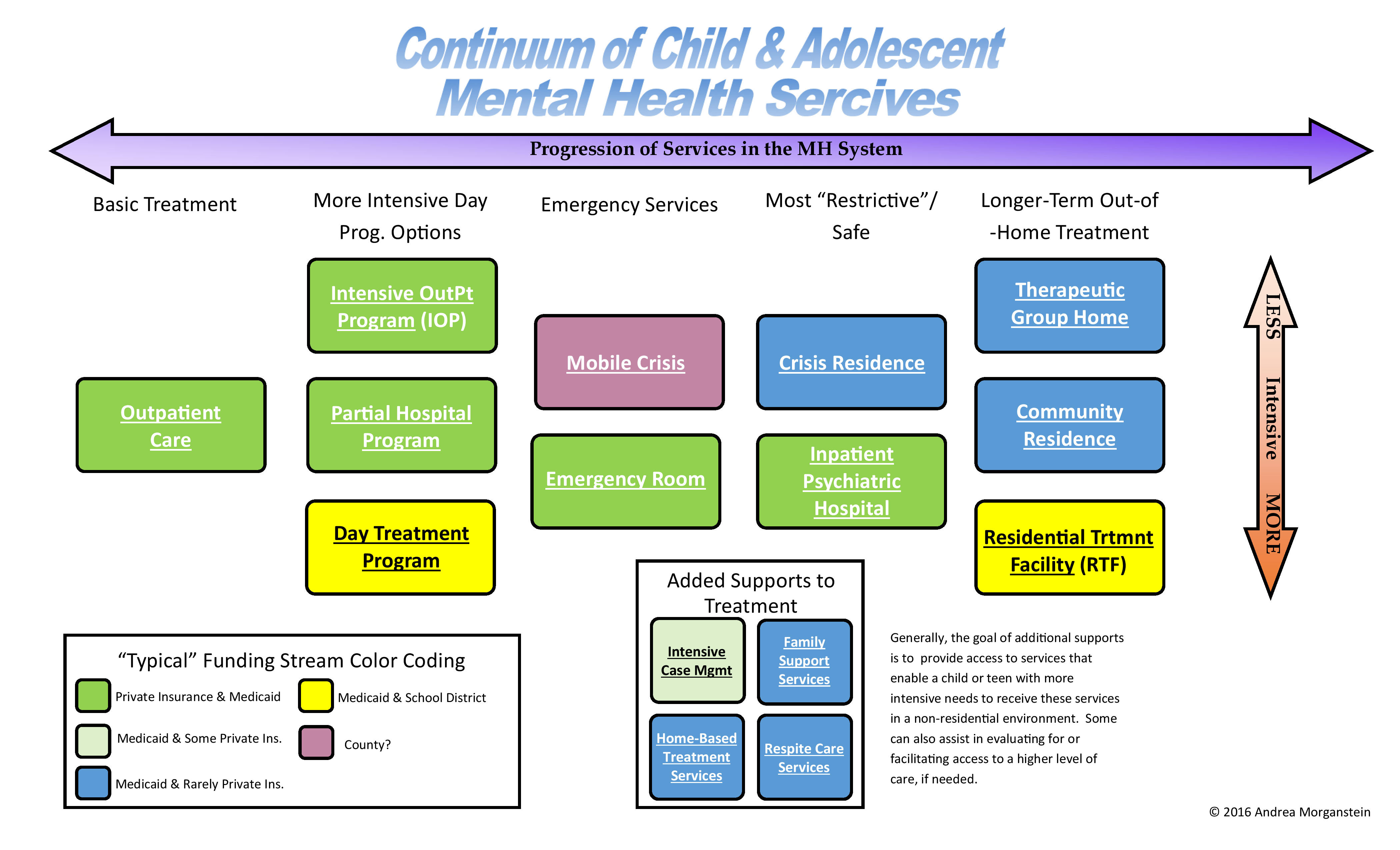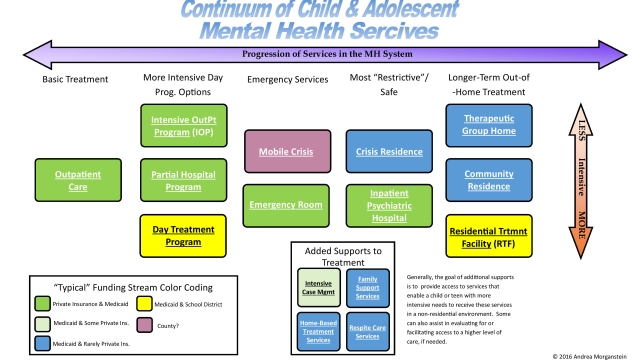Unlocking the Mind: An Insight into Mental Health Care

Mental Health Care plays a crucial role in our overall well-being, yet it is an area that remains widely misunderstood and stigmatized. Our minds are intricate landscapes, capable of experiencing a vast array of emotions and thoughts, but sometimes this delicate balance becomes disrupted. This is where mental health care steps in, offering support and guidance to help individuals navigate their way toward healing and self-discovery.
In a world that often prioritizes physical health, acknowledging and addressing mental health has become more crucial than ever. Mental health care encompasses a range of services and treatments designed to promote psychological well-being and assist those who may be facing mental health challenges. From therapy and counseling to medication management and support groups, the field of mental health care is dedicated to providing individuals with the resources they need to overcome their struggles and lead fulfilling lives.
Creating awareness and reducing the stigma surrounding mental health care is essential for improving access to necessary services. Just as we prioritize our physical health by visiting doctors and specialists, it is equally important to prioritize our mental well-being by seeking professional help when needed. By unlocking the potential of the mind and exploring the depths of our emotions, we can embark on a journey toward self-discovery and transformation. Through a combination of compassionate care, evidence-based interventions, and community support, mental health care plays a vital role in helping individuals unlock their true potential and achieve a higher level of life satisfaction.
https://thcdabwoodsvape.co.uk/
Understanding Mental Health
Mental health refers to the emotional, psychological, and social well-being of an individual. It encompasses the way we think, feel, and act, and plays a significant role in determining how we handle stress, relate to others, and make choices in our daily lives. Mental health affects everyone, regardless of age, gender, race, or socioeconomic background.
Maintaining good mental health is crucial for our overall well-being. It allows us to cope with the challenges and pressures of life, build and maintain healthy relationships, and contribute meaningfully to society. Just like physical health, mental health can be influenced by various factors such as genetics, life experiences, and family history of mental health problems.
Unfortunately, mental health issues are prevalent and can have a profound impact on individuals and their families. Conditions such as depression, anxiety disorders, bipolar disorder, and schizophrenia can significantly impair a person’s ability to function and enjoy a fulfilling life. However, mental health care is available to address these challenges and provide support to those in need.
Seeking help for mental health concerns is essential, and individuals are encouraged to reach out to mental health professionals, such as therapists, psychiatrists, or counselors, who can provide the necessary guidance and treatment. These professionals can help individuals understand their emotions and thoughts, explore coping mechanisms, and develop strategies to improve their mental well-being.
In conclusion, mental health forms a vital part of our overall health and should not be neglected. Understanding mental health, its impact on our lives, and the available resources for support and treatment is essential in order to ensure the well-being of individuals and promote a healthier society.
Types of Mental Health Disorders
There are different types of mental health disorders that individuals may experience. These disorders can affect a person’s emotions, thoughts, and behaviors, often leading to distress or impaired functioning. Understanding the various types of mental health disorders is crucial for effective diagnosis, treatment, and support. Here, we explore three common categories of mental health disorders.
1. Anxiety Disorders:
Anxiety disorders are characterized by excessive worry, fear, or apprehension that is persistent and often uncontrollable. Common types of anxiety disorders include generalized anxiety disorder (GAD), panic disorder, social anxiety disorder (SAD), and specific phobias. Individuals with anxiety disorders may experience physical symptoms such as restlessness, rapid heart rate, and shortness of breath. Treatment options may include therapy, medication, and self-help techniques to manage symptoms and improve daily functioning.
2. Mood Disorders:
Mood disorders encompass a range of conditions that primarily affect an individual’s emotional state. Depression and bipolar disorder are two prevalent mood disorders. Depression causes persistent feelings of sadness, hopelessness, and a loss of interest or pleasure in activities. Bipolar disorder involves extreme mood swings, including episodes of mania and depression. Treatment typically involves a combination of medication and therapy, helping individuals manage their symptoms and improve their overall well-being.
3. Personality Disorders:
Personality disorders are characterized by long-standing patterns of inflexible behavior, cognition, and inner experiences. These patterns often lead to difficulties in relationships, work, and self-image. Examples of personality disorders include borderline personality disorder (BPD), narcissistic personality disorder (NPD), and antisocial personality disorder (ASPD). Treatment for personality disorders usually involves therapy, including dialectical behavior therapy (DBT) and cognitive-behavioral therapy (CBT), to help individuals develop healthier coping mechanisms and improve their interpersonal skills.
Understanding the different types of mental health disorders is essential for early identification, intervention, and support. While these categories provide an overview, it is crucial to remember that each individual’s experience is unique. Seeking professional help and support from mental health providers is key to addressing these disorders effectively, ensuring a better quality of life for individuals experiencing mental health challenges.
Approaches to Mental Health Care
Medication
One of the common approaches to mental health care is the use of medication. Medication can be prescribed by healthcare professionals to help manage symptoms of various mental health conditions. For example, antidepressant medication may be prescribed for individuals with depression or anxiety disorders. Medication can be an important tool in managing symptoms and restoring balance in individuals’ lives.
Therapy
Another approach to mental health care is therapy. Therapy involves talking to a trained professional, such as a psychologist or psychiatrist, who can provide guidance and support. Different types of therapy exist, including cognitive-behavioral therapy (CBT), psychodynamic therapy, and family therapy, among others. Therapy can help individuals develop coping mechanisms, explore emotions, and gain a better understanding of themselves and their mental health.
Lifestyle Changes
In addition to medication and therapy, lifestyle changes play a significant role in mental health care. Engaging in regular exercise, maintaining a balanced diet, getting enough sleep, and managing stress levels can all contribute to overall mental well-being. In some cases, making lifestyle changes can be just as effective as other approaches to mental health care. It is important to develop healthy habits and incorporate self-care practices into daily routines to support mental well-being.
Remember, everyone’s journey to mental health differs, and approaches to mental health care can vary depending on individual needs. It is always best to work with healthcare professionals to determine the most suitable approach for each person’s unique circumstances.
